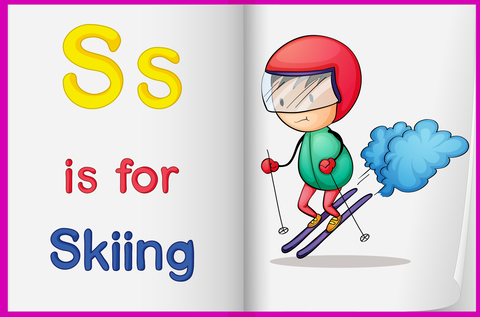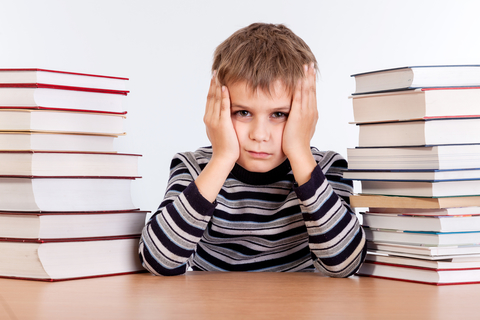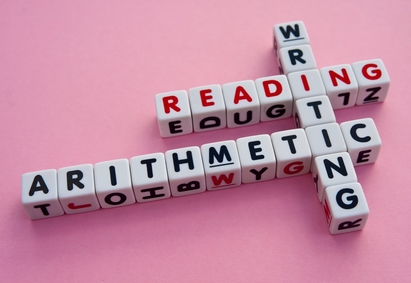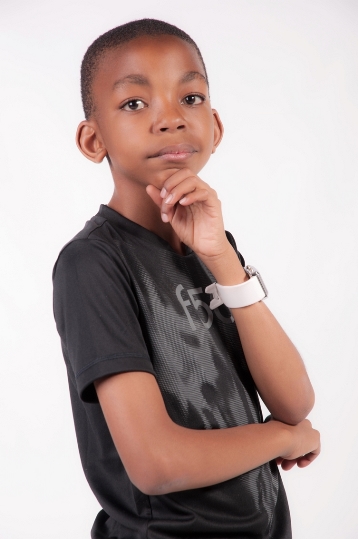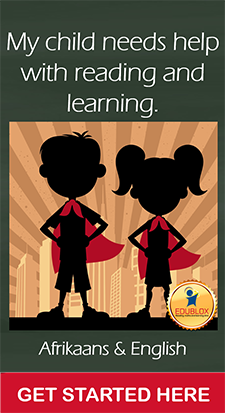Preventing the Three D’s: Preparing Your Child for the Three R’s
When children are unable to master the three R's, they become prone to the three D's — dyslexia, dysgraphia and dyscalculia. What can parents do to prepare their children for the three R's and prevent the three D's?
Read MoreLearning Disabilities Clarified: Learning is a Skill
The subject of this discussion, that learning is a skill, is apparently one of those ideas that are generally regarded as self-evident. Most people, however, do not seem to realise the implications involved.
Read MoreHelp for Children with Learning Difficulties
In modern Western society mastery of basic academic skills — reading, writing and arithmetic — is a necessary prerequisite for success in both school and employment settings and society at large. However, due to learning difficulties, the futures of many children are put in jeopardy.
Read MoreWhy Phonics Instruction Sometimes Fails
Because of the complexity of written English, more than a century of debate has occurred over whether English phonics should or should not be used in teaching beginning reading...
Read MoreIs That a b or a d? Why Learners Reverse Letters or Words
When learning to read, children may mistake certain letters for other similar ones, especially those that can be reversed or appear the same when seen in a mirror. The child may read “dog” as “bog” or look at the written word “was” and read it as “saw”. These sorts of errors are called “reversals” or “mirror writing,” and while some children “outgrow” this problem, others don’t.
Read MoreOvercoming Learning Failure
Our research has consistently shown that if children do not learn to understand language, to read and write, to calculate and reason mathematically, to solve problems, and to communicate their ideas and perspectives, their opportunities for a fulfilling and rewarding life are seriously compromised.
Read MoreHow Many Words Per Minute Should My Child Be Reading?
If you are wondering how many words per minute your child should be reading, do a one-minute reading assessment. Count the total words read minus the errors made = words correct per minute....
Read MoreThe Real Price of Not Addressing Your Child’s Learning Problems
Failing or delaying to address a child’s learning difficulties has far-reaching implications for both parents and children alike. Edublox reading, maths and learning clinic warns that the real cost of withholding learning intervention programmes from children with learning difficulties should not be underestimated.
Read MoreReading, ‘riting and ‘rithmetic — How Does Your Child Measure Up?
The three R’s of learning are reading, ‘riting and ‘rithmetic. A child’s ability to read, write and do arithmetic (maths) sets the foundation for their academic success, and impacts their potential for future accomplishments across-the-board.
Read MoreCelebrating Amazing Academic Progress
At the age of 10, Lebogang Mamadi from Northridge Primary school in Pretoria celebrated a 14 percent improvement in all of his subjects within three school terms. Lebogang and other top learners who received additional reading and learning support at Edublox clinics around the country celebrated truly amazing academic progress and experienced personal success in other areas of their lives too.
Read More





